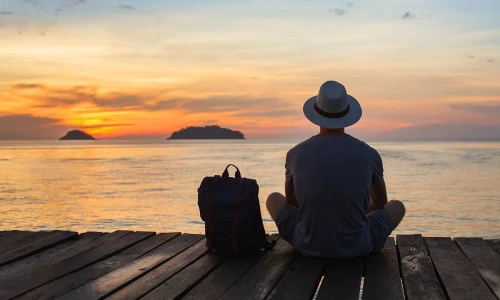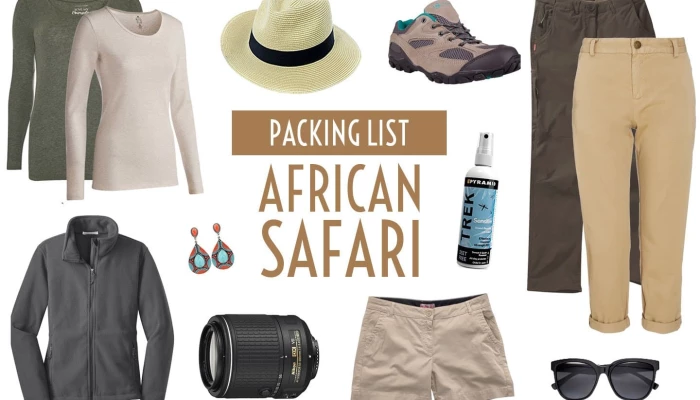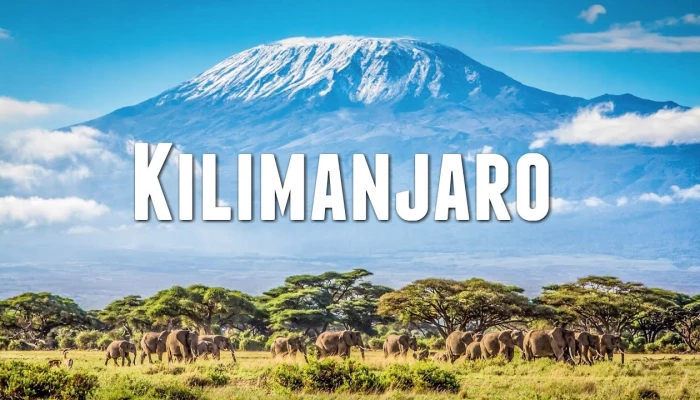Essential things you need to know before a visit to tanzania
Related Articles
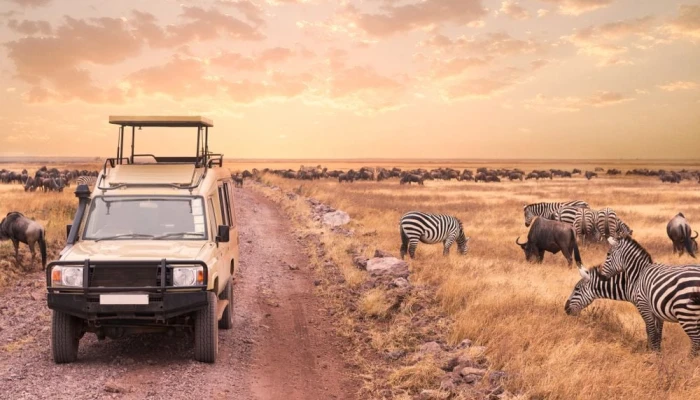
Essential Things You Need to Know before a Visit to Tanzania;
Planning a trip to Tanzania is more than an adventure once in a lifetime, as you are not coming for just a mere journey but a mesmerizing advent…
Planning a trip to Tanzania is more than an adventure once in a lifetime, as you are not coming for just a mere journey but a mesmerizing advent…
Planning a trip to Tanzania is more than an adventure once in a lifetime, as you are not coming for just a mere journey but a mesmerizing adventure once in a lifetime around East Africa and the globe at large. Sure! Here’s an overview of essential things visitors need to know before embarking on a safari adventure in Tanzania. Being informed about these aspects will help ensure a smooth and enjoyable safari adventure in Tanzania, allowing you to focus on the incredible wildlife and landscapes.
- Visa and Passport: Most travelers require a visa to enter Tanzania, which can be obtained online (e-visa) or on arrival for certain nationalities. Ensure your passport is valid for at least six months beyond your planned departure date and has at least one blank page.
- Health Precautions: Keep in touch with your medical technician for checkups. Vaccinations for diseases like yellow fever, hepatitis A&B, and typhoid are recommended. Malaria prophylaxis is crucial, particularly in rural areas. It’s advisable to consult a healthcare professional before your trip to ensure you're adequately protected; you are advised to carry a mosquito net with you if possible.
- Currency: The Tanzanian Shilling (TZS) is the official currency. Credit cards are accepted in larger hotels and some restaurants, but cash is essential for smaller vendors and markets. It’s advisable to carry some cash for tips and other small expenses, especially in remote areas without access to credit cards or banking services.
- Language: Swahili is the official language, but English is widely spoken in tourist areas. Learning a few basic Swahili phrases like “Asante” meaning “Thank you” can enhance interactions with locals and enrich your experience.
- Weather and Packing: Tanzania has a tropical climate with distinct wet and dry seasons. The dry months (June to October) are ideal for safaris, while the rainy season (March to May) can affect travel. Pack light, breathable clothing, a good pair of binoculars, a hat, sunscreen, and insect repellent. Neutral-colored clothing is recommended for safaris to blend in with the environment.
- Tipping: Tipping is customary in Tanzania. It’s a good practice to tip safari guides, drivers, and hotel staff as a token of appreciation. Guidelines suggest tipping guides around $10-20 per day, depending on the quality of service. Tipping is a standard part of the experience, and a generous tip for a job well done will be greatly appreciated by those who depend on this income for their sustainable lives.
- Tailor-Made Safaris: Consider booking tailor-made safaris that cater to your interests and budget. Many tour operators offer customizable itineraries, allowing you to choose the parks, activities, and accommodations that suit your preferences. We recommend that you consider a season for travel dry season from June-October being preferred by several travelers for wildlife viewing and Mt Kilimanjaro Trekking. During the wet season especially from late February, you may come for bird watching and a wildebeest calving season. The costs for safari packages are lower due to less congestion in the park's accommodations as travelers are fewer in number.
- Culture Respect: Respect local customs and traditions. Dress modestly, especially in coastal and rural areas and when visiting villages or religious sites. Engage with local communities with an open mind and a willingness to learn about their ways of life.
- Transportation: Internal flights are common for reaching remote safari destinations, while road conditions can vary. Hiring a reputable tour operator for safaris ensures comfortable and safe transportation. Be prepared for long drives on safari, as wildlife sightings often require some travel. Don’t plan to miss the flavors of local transport in Tanzania like mini buses used for local transfer from one point to another famously known as “Daladala”.
- Internet and Communication: Wi-Fi is available in major cities and hotels, but connectivity can be limited in remote areas. Consider purchasing a local SIM card for mobile data, which can help with navigation and staying connected.
- Local Cuisines: Tanzanian cuisine is diverse, featuring dishes like ugali (a staple maize dish), nyama choma (grilled meat), and various seafood. Don’t miss the opportunity to try the flavors of local fruits and spices during your safari. Eating at local eateries can also enhance your cultural experience.
- Carrying a Credit Card elsewhere; Visa and MasterCard credit cards are accepted at most large tourist establishments and are necessary to pay park fees. You'll need money elsewhere. It's helpful to have some smaller denominations on hand because change is rarely available.
- Responsible/Sustainable Tourism; By traveling responsibly/sustainably you can contribute to the preservation of Tanzania’s natural and cultural heritage. Reduce your environmental effects, help out local communities, and leave nothing but footprints behind.
- Wildlife Safety; When on safari in wildlife areas, follow the guidance of your guides regarding safety. Keep a safe distance from animals and avoid walking alone in parks. Safari visitors must prioritize wildlife safety, underscoring the significance of treating animals with respect and their natural environments. Always heed the advice of knowledgeable guides, keep a safe distance from animals, and refrain from doing anything that could agitate them, like making loud noises or moving suddenly. Unless told otherwise, you must remain inside the car, as this reduces stress for the animals and guarantees your safety. Travelers should also be mindful of their surroundings, particularly when strolling through areas that are home to wildlife, and avoid approaching young animals as their mothers may be protective of them. By following these safety precautions, guests can support the preservation of wildlife and its habitats while having an amazing safari experience.
- Embrace the Adventure; A key idea in tourism is "Embrace the Adventure," which exhorts visitors to welcome the unknown and immerse themselves completely in novel experiences. This mindset fosters openness to trying new activities, exploring unfamiliar cultures, and stepping outside of comfort zones. Embracing adventure improves the travel experience and forges lifelong memories, whether it's hiking through stunning scenery, sampling local cuisine, or interacting with locals. It fosters curiosity, which promotes personal development and a greater appreciation for the places visited. By embracing adventure, tourists promote sustainable tourism practices that benefit both guests and hosts, enriching their own travel experiences as well as the communities and environments they interact with.
- Take time for greetings & interactions; In the context of tourism, taking the time to say hello is a crucial practice, particularly in places with diverse cultures like Tanzania. Greeting people according to their local customs demonstrates your respect and admiration for their traditions. In Tanzania, hellos typically entail more than just saying "hello"; they may also involve questions about one's family, health, and general well-being, demonstrating the value of relationships and community. Greeting locals with a smile can improve your relationships, promote goodwill, and establish a deeper cultural connection. To demonstrate their effort and respect, visitors are urged to learn a few simple Swahili phrases, like "Habari" (how are you) or "Jambo" (hello). In addition to improving their own experiences, travelers who adopt this behavior also help create a more courteous and upbeat travel atmosphere.
- Safety & Security; A traveler's consideration of safety and security is essential when traveling or planning to travel to Tanzania. Travelers should be aware of their surroundings, avoid flashing expensive goods, and exercise caution when venturing into new places, particularly in crowded marketplaces or places with vibrant nightlife. It's wise to heed local guidance, stay on well-trod routes, and make use of reliable transit choices. Having copies of your insurance policy and passport on hand can add an extra degree of security. Keeping in touch with loved ones and letting them know about your travel itinerary can also help you feel safer. Travelers can fully enjoy their adventure in Tanzania while minimizing risks by putting safety and security first.
Afrima Luxury Travel
Luxury Safari Consultant Afrima Luxury Travel is a Tanzania Expert Safari company dedicated to sharing Tanzania's beauty and wonders with the world.
Was this article helpful?
25 out of 78 found this helpfulRelated Articles
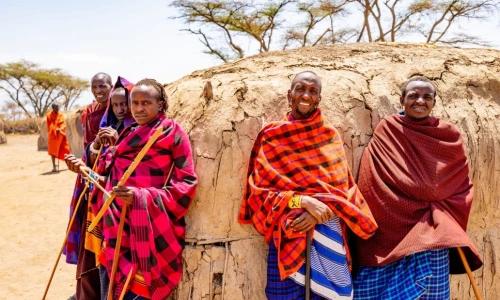
Tanzania Culture Safaris
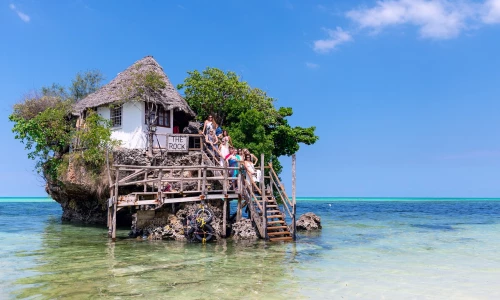
Zanzibar Beach Holidays
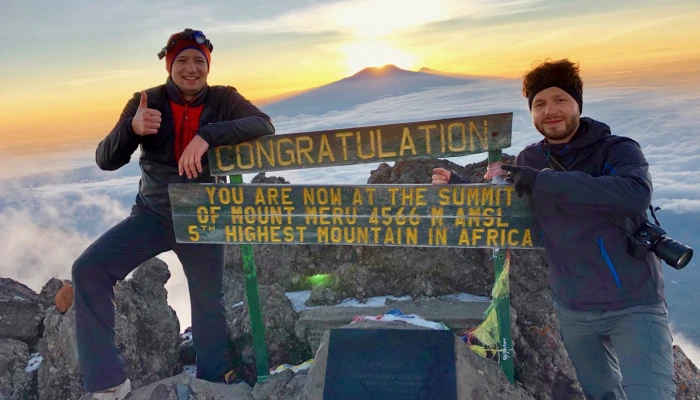
Mount Meru Tanzania
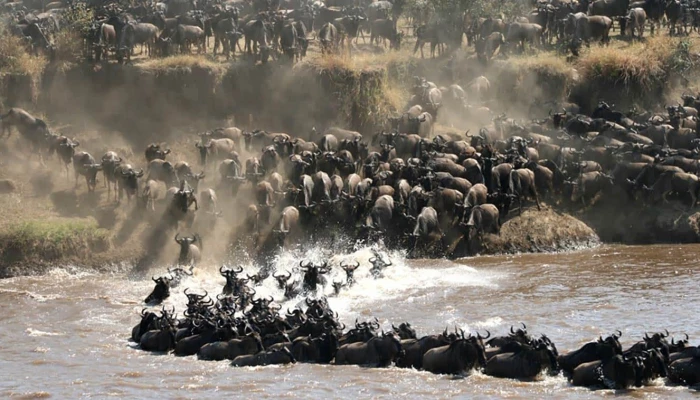
Tanzania Wildebeest Migration
